|
This past week we took an enlightening trip to “Bob’s” or Margot’s house to expand upon the learning from our geography unit this winter, and explore further elements of French culture that held particular interest to the group. It was a spectacular afternoon at her beautiful home, where the group was introduced to the world of “etiquette”, French food, music, and language while enjoying an incredible home cooked 4-course French meal. The children took to this experience with such curiosity, dedication, and patience, sitting for almost two hours as they learned to set the table, trying caviar, Brie, vichyssoise, salade Nicoise, and a creme caramel, all with poise and grace. It was a true sight to behold, and we are so grateful to Margot for offering such an unforgettable experience.
Tuesday at Milokan culminated in a moving performance by the children, drumming together with synchronicity and enthusiasm and deep focus. It was marvelous to see elements of the work they have been doing with Rick and Rachael and Rebecca during their days at Milokan, while feeling a part of this community that Rick has inspired to gather together around a common purpose, connecting people from around the world through rhythm and music and the stories that unfold. The children spent time with Yayoi Ikawa, and were able to watch her perform some of her original pieces, with the support of many island musicians. If you want to hear more from Yayoi, this is her website: https://www.yayoiikawa.net. The stage continues to fuel our work together, and this week we returned to one of our favorite of Shakespeare's plays, Macbeth. The group has established a system to perform these plays which allows for each student to fully participate and stay engaged throughout. They decide their roles with thought and compassion for each other, practicing elements of our conflict resolution as they release their attachment to certain roles and open up to the unknown. There has yet to be a moment where the children argue over roles or play direction, and instead I have been witnessing this profound sense of unity and connection as they work together to reach a vision for their performance. We had the pleasure of welcoming Sienna and Lucien this week, which not only ignited new wonderful friendships, but also served as a powerful reminder for me of what inspires an open and embracing community. These two new students were immediately engaged in every element of our day, as if they had been with us all along - this was even mentioned multiple times during our closing circle on Thursday. I wondered aloud recently, about why a group that could so easily be exclusionary and protective given the amount of time they have been together and their unique school environment, is quite the opposite. I continue to observe as people - strangers, new students, visitors of all ages - come into our school space and the children not only welcome them with open arms, but run to them and hold their hands as they, literally and figuratively, bring them into our world here at school. In response to my wondering, Scarlet responded by astutely observing the parallels between how the children interact with the community, and how they interact with nature - all as interconnected, with no need to distinguish between an “us” and “them.” In conversations with people about “homeschooling” or “unschooling” or forms of education that are outside of the conventional school system, one of the most frequent questions, and often critiques, is that of socialization.There are, of course, traditional homeschool environments that are isolated from the community, and thus this element of engaging with the world beyond our school was always a primary focus as we developed our philosophy and practice of the Woods School. I have mentioned before my experience observing this group of children as they speak to students visiting on a field trip, or adults exploring the farm, or people we meet out in the community, and have noted their warmth, their consistent tone regardless of the age of the person to whom they are speaking, and their confidence through their deep sense of their self and their profound sense of place. As we continue on this path, I feel such hope that these children will continue to model for the world what it means to be an individual among a diverse community; how we can each feel entirely supported as the unique person we are, while being deeply connected to and engaged by the world around us. Again, the stage helps. The stage offers another space, a heightened space, on which they can share their voice, feel heard and seen, and be a part of something that is beyond their own role. This week we will close out our spring season with a gathering at the stage on Thursday afternoon, for musical performances, and, of course, Shakespeare. The children will showcase their dioramas, their writing work, and after their performance we can celebrate together with food, more music, and a fire. Thanks for letting me ramble once again. I am utterly grateful to spend my days with this incredible group.
0 Comments
Leave a Reply. |
Allen Farm
The Allen Farm program is for children ages six and older. Follow along our learning and exploration in the woods, on the farm, in our yurt, and across our island community, at the upper Woods School. Archives
October 2023
Categories |
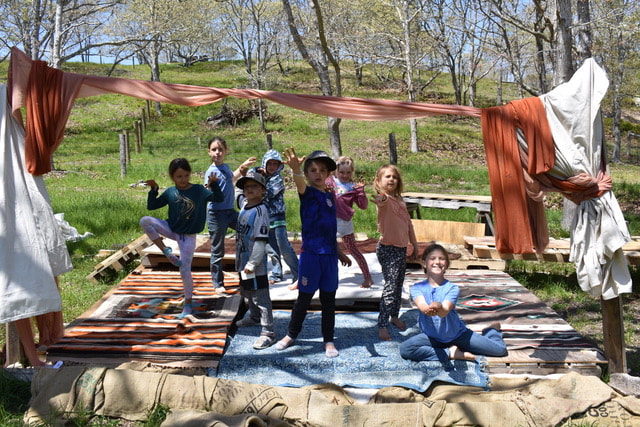
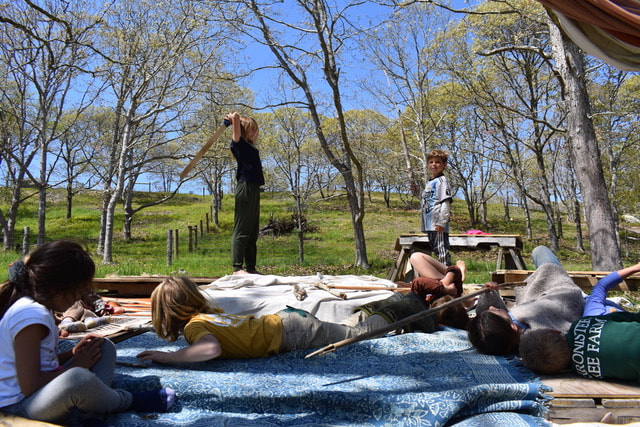
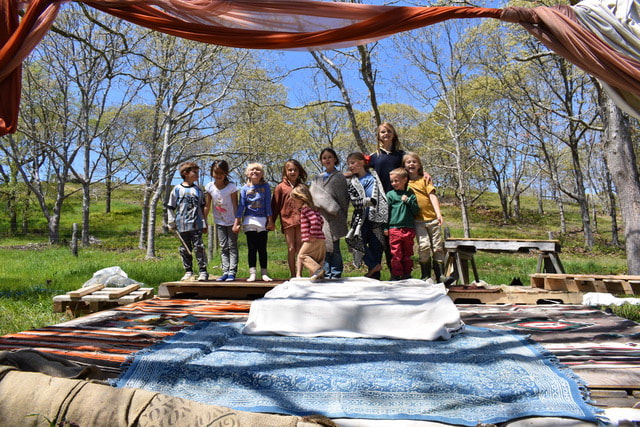
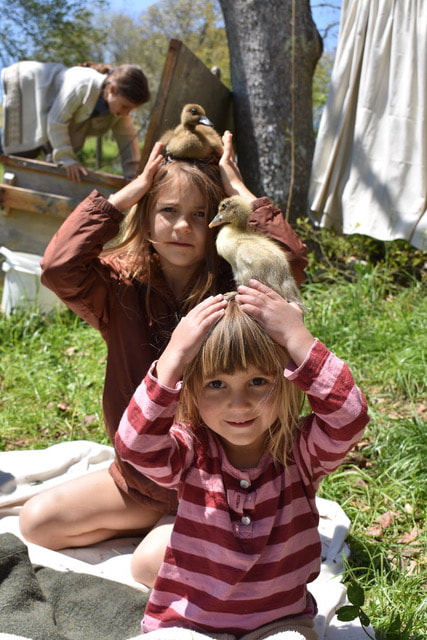
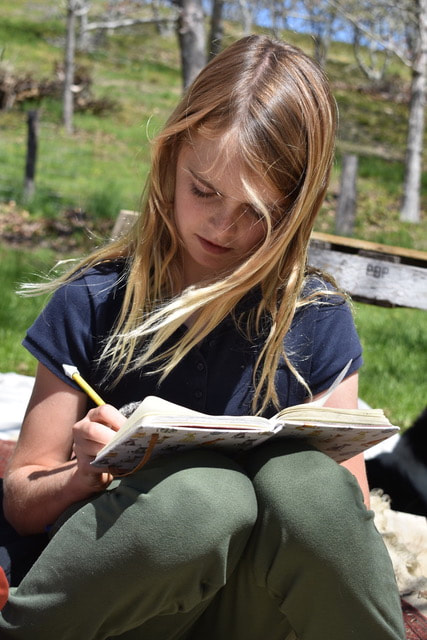
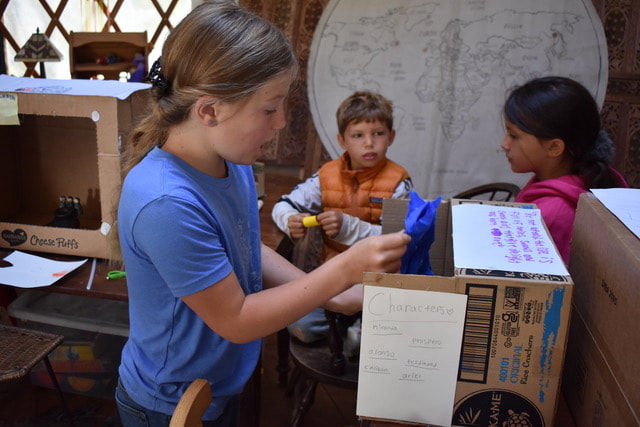
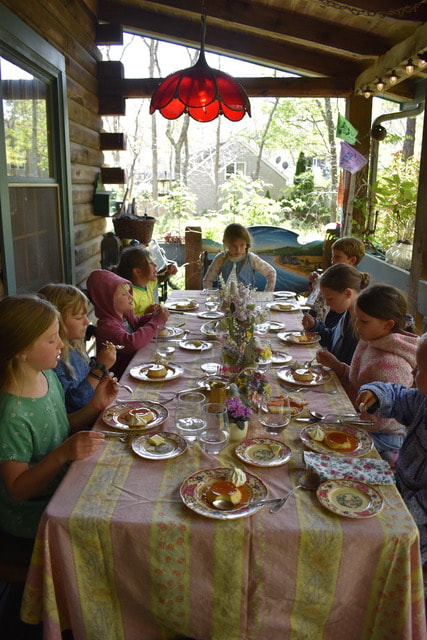
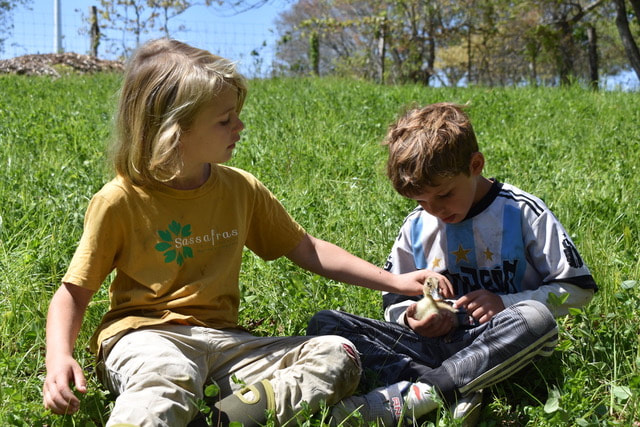
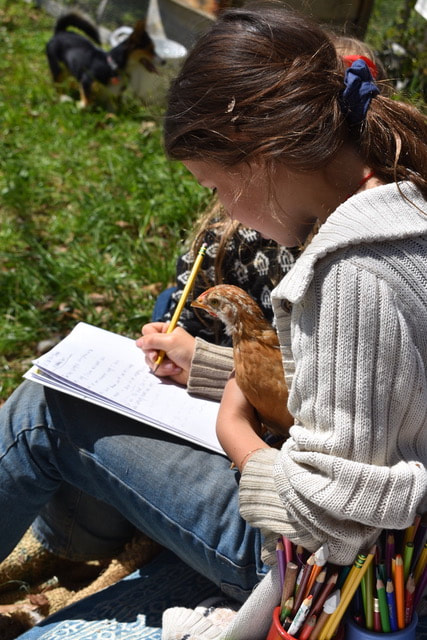
 RSS Feed
RSS Feed
